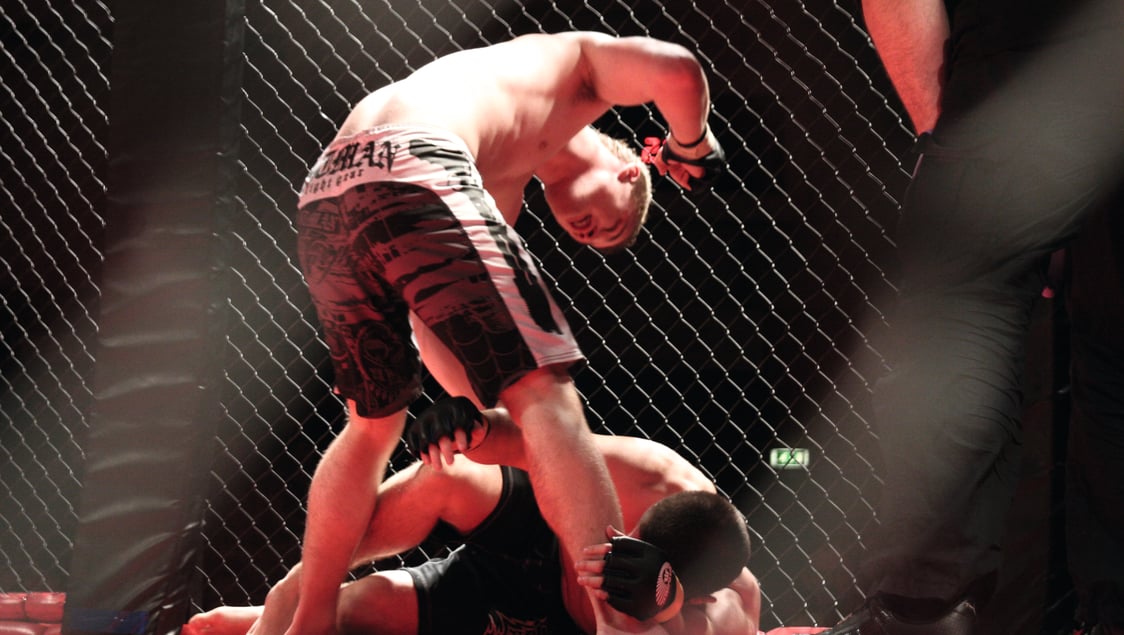
Issue 064
July 2010
Professional fighter Rosi Sexton is a sports therapist and osteopath-in-training. She has fought in countries such as Russia, Canada and the USA, and is ranked as one of the top competitors in her weight class. For more information contact her by email at [email protected] or go to: www.rosisexton.wordpress.com/sports-therapy.
I’ve just been offered a professional MMA fight and I’m wondering whether to take it, or whether I’d be out of my depth. I’ve had a few amateur fights and I’ve done OK, but I don’t know whether it’s too soon to take the next step up. Is there a big difference?
There are a few differences between a professional fight and an amateur fight. Perhaps the most obvious is that professional fighters are paid to fight, while generally amateur fighters will only get their expenses paid, and sometimes commission on tickets they sell for the event.
There are usually rule differences as well between amateur and professional. Depending on where in the world you are, these may vary. Professional MMA fights have the least variation in rules – nowadays they are most often fought under the Unified Rules of Mixed Martial Arts (the rules used in the UFC), or a close variation.
Amateur fights may (depending on where in the world they are) have similar rules to professional fights, but with bigger gloves and some minor changes such as removing elbow strikes, heel hooks and neck cranks.
Being a professional fighter isn’t just about getting paid and being able to elbow your opponent from mount. You’ll be stepping up a level in competition and commitment. Although only the top professional fighters have the luxury of being able to train full time, most pros will be in the gym five to six days a week during fight preparation, sometimes twice a day. If you can only train three evenings a week, then you are likely to struggle.
As a professional, you’ll generally be accepting a higher potential of injury. There’s a big difference between being punched in the head with well-padded sparring gloves, and being hit by 4oz gloves and elbows. There’s a much higher chance you’ll get cut, possibly badly. This is a level of risk that not everyone’s comfortable in taking.
Another important consideration is your record. When you turn professional you get a clean slate, but from that point on, for however long you stay in the sport, every fight stays with you. In most sports, you can have a terrible season, but then come back and start playing brilliantly – in a few years the fans will have forgotten all about it. In MMA it’s different – you’ll be judged on your record, and if you have ambitions to make a career out of MMA or to fight on the big shows then it’s wise to take care what you do with it. That pro fight you accepted at a week’s notice because you needed to pay your rent will be with you when you’re trying to get into the UFC.
If you are training with a good team, your coach will be able to advise you when you are ready to turn professional. The higher your ambitions in MMA, the more care you should take.
...









